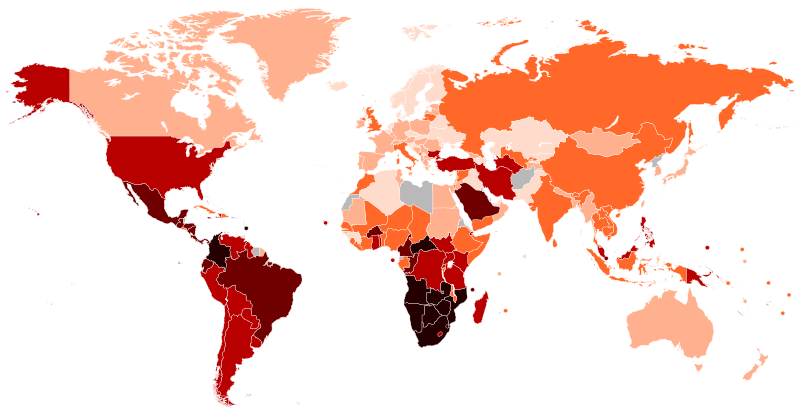You're taking an overly specific definition of lynching and framing the situation wrong, and coming to a bad conclusion.
A court's refusal to punish it, in nearly every case, is tacit support. They aren't saying "please, lynch!" but they're saying they won't punish lynching.
This also easily fits any definition of lynching that's not so restricted so as to only include "hanging black people from trees in town squares".

The reason people keep bringing up Iraq is not for some "whataboutism". It's simpler and more significant than that: it shows a hypocrisy, and double-standards. It's not that people are saying "what Russia is doing isn't bad because the USA did bad" (that is whataboutism, by the way); they're saying that the USA's (and the world's) feigned outrage over Russia is hypocritical because of what the USA has done. Nobody held (or intends to hold) the USA to account for what it's done, yet everyone is demanding Russia be torn apart, torn down, everyone tried for war crimes, etc. It's a double-standard. If the USA had been held to account for what it did, then people wouldn't be saying "but Iraq" (and if they did, that truly would be simple whataboutism). But until there is fair application of standards, it's fair to call the USA on its hypocrisy when it wants to pretend to be the world's police while simultaneously (ironically, in line with behavior of actual police) causing tremendous harm itself.